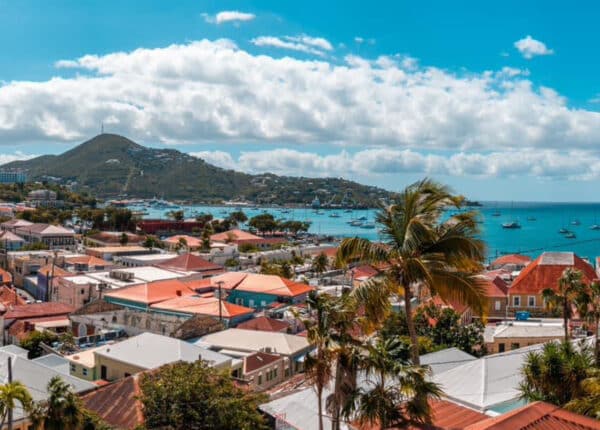Could the Caribbean Follow Chile’s Lead on Startups?
Above: Chile
LAST WEEK, we looked at ways to develop tech hubs in the Caribbean — specifically by using packages of incentives to attract and develop top talent to the region, along with developing entrepreneurship locally.
Of course, using tax incentives isn’t the only way to do so — and there might be something for the Caribbean to learn in this regard by following the example of the government of Chile.
In 2010, Chile’s government launched a programme called “Start-Up Chile,” aiming to cultivate and develop a startup industry in the country.
Initially launched as a pilot programme, it used a combination of seed capital and visa incentives to draw in young, innovative entrepreneurs.
The entrepreneurs would simply be required to work on their companies in Chile, along with participating in community events, holding workshops and building local networks. (Local entrepreneurs were also welcome to apply, something that was a crucial part of Chile’s thinking — to help develop local entrepreneurship).
The programme offers $40,000 of equity-free seed capital and a temporary six-month visa to develop their projects for six months, using an admissions process conducted by “Silicon Valley experts” and a “Chilean innovation board.”
The key criterion for admission, according to Start-Up Chile, is that “chosen entrepreneurs work in a global mindset, believing that the route to success is via expansion, not isolation.”
It’s this latter point we find particularly compelling.
As we wrote in the tech hub piece, intellectual and knowledge diffusion is crucial for regional development — and how better to achieve it than by attracting young, dynamic startups to the shores of the Caribbean, and having these companies interact with local Caribbean entrepreneurs?
So would this work in the Caribbean? Why not?
In 2010, Chile brought in 22 startups (from 14 countries), for a total cost of about $880,000.
That’s not a small sum, but a given Caribbean country wouldn’t necessarily need to attract that many companies to start out the programme. And it’s certainly a small sum for some of the region’s multilateral partners, like the Inter-American Development Bank and the World Bank, to fund. (And CARICOM and Chile regularly hold a joint commission — perhaps this could be on the agenda at their next meeting).
And perhaps regional countries could come up with their own Start-Up offers — either by using a combination of seed capital and tax incentives, or longer visas.
Regardless of the chosen manner, a Start-Up Jamaica or Start-Up Bahamas would go along way not just in helping to develop the startup industry in the Caribbean, but helping the rest of the world see the Caribbean as a destination for innovation.
What do you think? Tell us in the comments section.
— CJ







